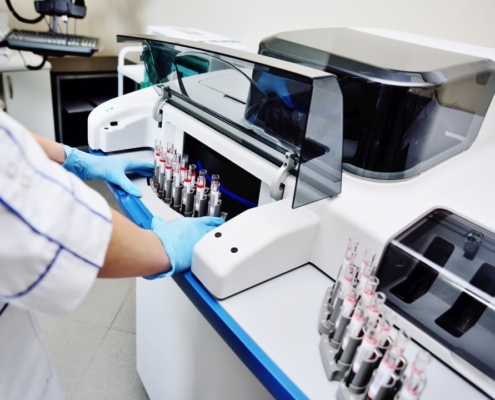As optical engineers, we are frequently asked about glasses, contacts, or if we understand eye prescriptions. While yes, we do, our understanding and capabilities around the eye go much deeper. As referenced prior, people often think of an Optician – someone crafting glass lenses. The most common eye issue is vision correction for focus and astigmatism, often corrected by these licensed professionals through contact lenses or glasses. Advances in this space have made these visits more effortless and precise for both patients and professionals.
Optometry includes and extends past measuring and vision correction to imaging other parts of your eye, diagnosing conditions, and providing treatment, not including surgery. Optometrists routinely complete ocular exams and retinal imaging to track eye conditions like cataracts, macular degeneration, and glaucoma. Additionally, Optometrists will partner with other medical providers when underlying infections and diseases lead to eye and vision problems. For example, post-stroke, optometrists can work with neurologists to help patients restore motion and function to the damaged part of the brain through vision therapy.
The field of Ophthalmology applies when eye conditions require surgery or treatment for complex diseases. An Ophthalmologist relies on advanced optical tools to diagnose and treat eye and vision problems. These treatments include routine procedures such as removing cataracts, Laser Assisted In-situ Keratomileusis (LASIK), treatments for retinal detachments, and diseases such as macular degeneration or diabetic retinopathy.




